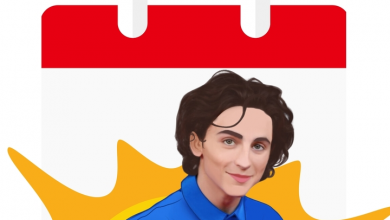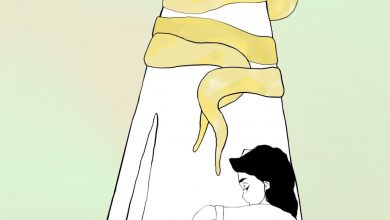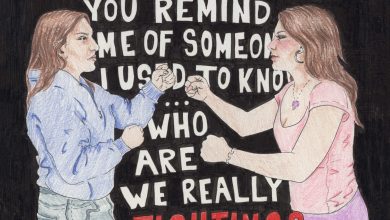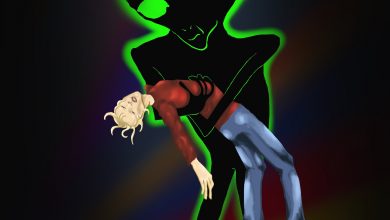Braids in the Workplace

Image by Randen Peterson via Flickr / CC-BY-2.0
The narrative about work professionalism and attire, constructed primarily through a Eurocentric lens, is first and foremost a matter of respectability politics. American standards that deem what is and isn’t acceptable in the workplace most gravely impact people of color (specifically, those of African descent). Therefore, black people (women in particular) are often pressured to alter their hairstyles in order to fit within the norms of their work environment. This mentality does not begin in the workplace though. It is bred in our childhood, with black children and teens facing suspension or even expulsion over their supposedly unruly hairstyles.
In September 2016, a U.S. federal court ruled that discriminating against a job applicant or employee donning dreadlocks is neither racist nor immoral but, in fact, legal. Since the passage of this law, locs-ridden black American applicants and employees have been denied job opportunities and fired by their employers.
This is where the issue of respectability politics comes into play: more often than not, those who belong to less-dominant groups in society are held to a more rigid set of standards compared to those who fall within the ‘mainstream.’ As an Afro-Latina, I constantly have to go out of my way to ‘prove’ my worth to others, especially to men, and particularly those in positions of authority. This ongoing internal battle is one I have faced since pre-adolescence – and continue to wrestle with today.
For years, I have struggled with self-acceptance in regards to my appearance, often pinching at the little things I don’t entirely love about myself. However, I have grown increasingly fond of my curls, choosing to care for my natural hair rather than to fuss over its shortcomings. As all DC natives know, summers in the district are laden with overwhelmingly hot, sticky days; the city’s notoriously swampy climate makes it nearly impossible to exist without breaking out in a sweat. The humidity takes an especially serious (and frightening) toll on my naturally curly hair. Eager to save myself the disappointment of wrestling with my curls all summer long, I decided to get box braids for the first time. After three hours at the salon, I reemerged boasting chest-length, medium-width braids, beaming about my new look. I have since received a myriad of comments about my braids, most of which have been sincere, uplifting compliments. A more confident and prouder version of myself, I have maintained my new hairstyle even into the school year.
This summer, I landed a job as a hostess at an upscale restaurant. My coworkers were friendly people I often spoke with; to my surprise, nearly all of them also complimented my new hairstyle. My boss, however, did not take to my braids as kindly. For the sake of anonymity, I shall refer to him as “Ben.”
One afternoon at work, Ben approached me at the hostess stand and reprimanded me about having “possibly violated the restaurant’s dress code.” As Ben stood there, unabashedly addressing my “lack of professionality,” I felt at a loss for words (and trust me, this is rare). In truth, the dress code’s only mention of hair was that it had to be “pulled back” and not in the way of the employee’s face. In other words, I had done nothing wrong. I paused— was it just me, or did Ben’s patronizing tone suggest something other than playful banter?
To my knowledge, a restaurant manager’s job is to constructively improve the performance of their employees. Instead, this one-sided conversation felt more like a brash personal attack – in simpler terms, like bullying. Moments later, I snapped out of my stupor; I was pissed, but mostly I was hurt. Despite the overwhelming amount of praise and encouragement I had received from friends and family about my hair, Ben’s comments made me feel small, unappealing, and anomalous. A fellow coworker told me about a similar incident that took place between Ben and a black female server whose hair he also criticized, instructing her to “clean up that nest.” This kind of racially charged incident not only undermines one’s value as a company asset and employee but also dents one’s confidence, psyche, and sense of self-worth.
As trivial as my experience with Ben may seem, it is a reminder not to downplay the importance of marginalizing experiences in professional environments. My boss saw no harm in questioning my ‘unprofessional’ braids, a conversation that I felt was inappropriate for the workplace.
Ben was confident in his arrogant approach to the subject, an attitude reinforced by outdated de jure and de facto racialized ideas surrounding American standards of beauty and professionality. People of color are often treated predominantly based on physical appearance – namely perceived race or ethnicity – a reality that starkly contrasts with the workplace experiences of our white (or white-passing) counterparts. I left work that night knowing that the following is true: my “black” hairstyle is in no way a reflection of my work ethic, skills, or qualifications as an employee. Rather, it is an outward expression of my sense of style, self-esteem, and personal pride in my racial ancestry. I will not apologize for choosing to style myself in the way that I do.




